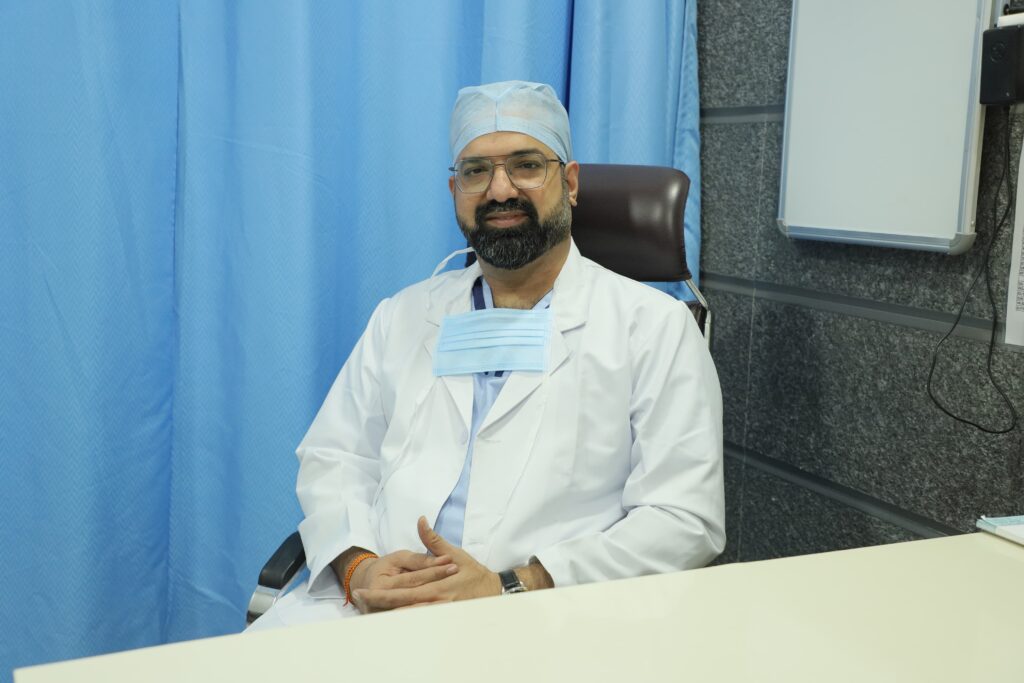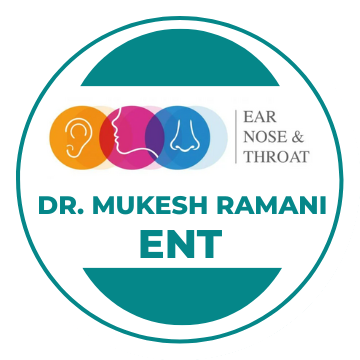Services
We Provide

Understanding Snoring and Sleep Apnea in Adults
Snoring and sleep apnea are common sleep disorders that can affect adults, leading to disrupted sleep patterns and potential health complications. While snoring is often considered a nuisance, sleep apnea is a more serious condition that involves pauses in breathing during sleep. Understanding the causes, symptoms, diagnosis, and treatment options for snoring and sleep apnea in adults is crucial for improving sleep quality and overall health.
What is Snoring and Sleep Apnea?
Snoring is the noisy breathing sound that occurs when the airflow is partially obstructed during sleep, leading to vibration of the tissues in the throat. On the other hand, sleep apnea is a sleep disorder characterized by repeated pauses in breathing (apneas) or shallow breathing during sleep. These pauses in breathing can last for seconds to minutes and may occur multiple times throughout the night, disrupting the normal sleep cycle and reducing oxygen levels in the blood.
Diagnosis of Snoring and Sleep Apnea
Diagnosing snoring and sleep apnea typically involves a comprehensive evaluation by a healthcare provider, often a sleep specialist. The diagnosis may involve:
- Sleep Study: A sleep study, also known as polysomnography, is the gold standard for diagnosing sleep apnea. It involves monitoring various parameters such as breathing patterns, oxygen levels, and sleep stages during sleep.
- Physical Examination: A physical examination of the nose, throat, and airway to assess for signs of obstruction or structural abnormalities.
- Medical History: A detailed medical history review to assess for risk factors, symptoms, and potential contributing factors to snoring and sleep apnea.
Causes of Snoring and Sleep Apnea
Several factors can contribute to the development of snoring and sleep apnea in adults, including:
- Obesity: Excess weight can lead to the accumulation of fatty tissues in the throat, which can obstruct the airway during sleep and contribute to snoring and sleep apnea.
- Anatomical Factors: Structural abnormalities in the nose, throat, or airway, such as enlarged tonsils, deviated septum, or narrow airway, can increase the risk of snoring and sleep apnea.
- Alcohol and Sedatives: Alcohol consumption and sedative medications can relax the muscles in the throat, leading to increased airway collapse and worsening of snoring and sleep apnea.
- Age: As individuals age, the muscles in the throat may weaken, and the risk of snoring and sleep apnea may increase.
- Family History: Genetics may play a role in the development of snoring and sleep apnea, with a family history of these conditions increasing the risk.
Symptoms of Snoring and Sleep Apnea
Common symptoms of snoring and sleep apnea in adults may include:
- Loud Snoring: Persistent or loud snoring, particularly during deep sleep.
- Daytime Sleepiness: Excessive daytime sleepiness or fatigue, even after a full night’s sleep.
- Gasping or Choking: Waking up abruptly with a gasping or choking sensation.
- Morning Headaches: Headaches upon waking in the morning, often due to reduced oxygen levels during sleep.
- Irritability: Irritability, mood changes, or difficulty concentrating due to poor sleep quality.
It’s important to seek medical attention if you experience symptoms of snoring and sleep apnea, as untreated sleep apnea can lead to serious health complications such as hypertension, heart disease, and stroke. Treatment for snoring and sleep apnea may include lifestyle modifications such as weight loss and positional therapy, use of continuous positive airway pressure (CPAP) therapy, oral appliances, or surgical procedures to alleviate airway obstruction.
18+
years
of experience

Dr. Mukesh Kumar Ramani
Dr. Mukesh Kumar Ramani is a dedicated Specialist ENT Surgeon at Aster Clinic (Aster Jubilee Medical Complex) in Burdubai, Dubai. With over 18 years of experience in the field, Dr. Ramani has garnered expertise in various aspects of Otorhinolaryngology.
He completed his MBBS from Thanjavur Medical College, Tamilnadu, India, followed by MS (ENT) from B. J. Medical College, Ahmedabad, India, and DNB from the National Board of Examinations, New Delhi, India. Dr. Ramani’s extensive academic background is complemented by his passion for delivering high-quality patient care.
